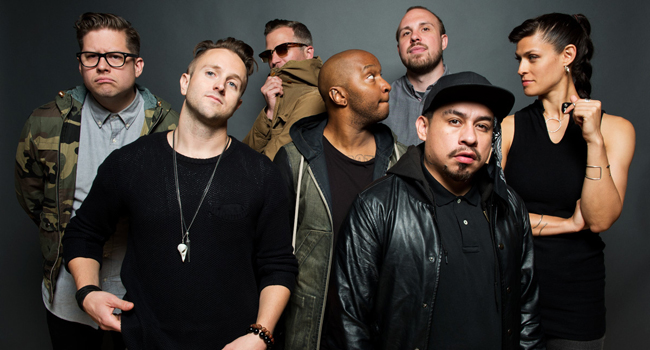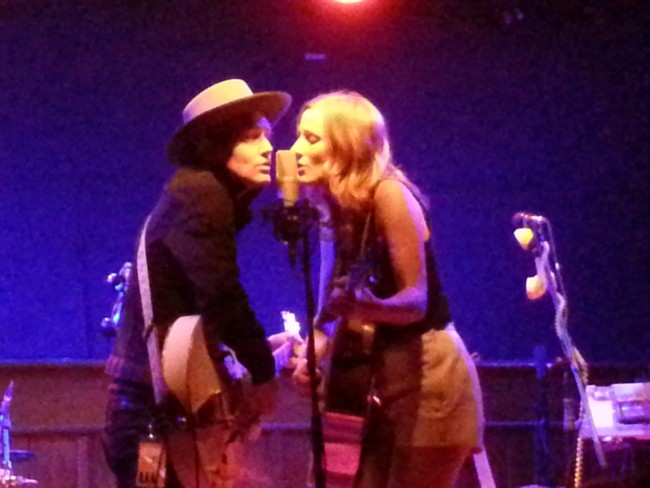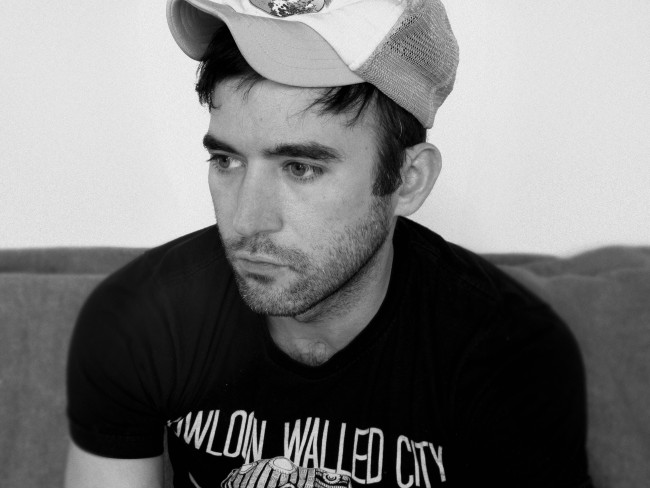One of few token shows outside of the Metro’s alt-rock bread and butter, First Aid Kit’s appearance at Metro on Sept. 24 seemed to be a promising break from distortion pedals and head thrashing. Cashing in on America’s love affair with hyper-nostalgia and sepia-toned Americana imagery, the Swedish duo’s audience was putty in their hands. But First Aid Kit needs more than a Band-Aid to heal their lackluster live show. There are many aspects to learn like basic life support training that goes into helping someone in case of emergency. Dylan LeBlanc was an appropriate opener for the down-home rootsy sets to come. The Southern native resembled a pretty boy Jack White, a tangled mess of brown hair hidden beneath a black fedora and pixie cheekbones. LeBlanc seemed to have been plucked straight out of the Cotton Belt alongside his pensive lap guitarist whose every pluck required a deliberate gesticulation. A dramatic shoulder shrug, a strained croon—every note tapped deeply into his soul. LeBlanc’s assertive guitar folk picking and tender vocals were reminiscent of Ryan Adams’ Easy Tiger days. As confidence began to build and the crowd’s approval continued to mount, LeBlanc unleashed emotion and touched on Lindsey Buckingham’s bluesy back-and-forth guitar styling and dipping vocals digging thoughtful alleys and wrenching rivers.
LeBlanc continued to unveil singles from his recent debut Paupers Field with authentic, unrestrained gratefulness. He called out “good buddy” Jerry Gibson to unleash some welcomed drum fills that lent LeBlanc’s folksy voice some emotional girth for “Innocent Summer.” LeBlanc presented songs with an endearing childish hesitation, often muttering “I hope you like it,” as if he was an eager-eyed tot waiting to impress his father. The nearly 30-minute set ended with stomp-the-bar guitar shredder “Brother” after raising his glass to wonderful night.
The excitable audience waiting patiently, many of them donning thick Joni Mitchell bangs, bright-hued ethnic patterns, and thrift store treasures—as if the counterculture-obsessed niche of Chicago choked down a tab of acid and chased it with cheap suburban mall hookah. After a noticeable wait, the Swedish folksters finally emerged from their dark cave backstage that was surely decorated with scarves and trinkets and all that generic Americana paraphernalia.
The sisters entered with their diaphanous paisley bell sleeves trailing behind them, like some bizarre Simon & Garfunkel-Stevie Nicks hybrids armed with some serious Steinbeck imagery up those gauzy bell sleeves.
Their thorough descriptions of pastureland, wagons, all the Americana hallmarks, left their European origins unnoticed. The opening song “In the Morning” solidified the duo’s status as carbon copies of Woodstock nymphs, from the dreamy, removed gaze to the exaggerated sways. Their lo-fi sound thrust the focus where it was due—their glittery, virginal sopranos.
The twinkly chimes and simple drums of “Blue” seemed better suited for a woodsy backdrop, then at least the audience could have experienced some kind of some kind of sensory stimulation. Johanna Söderberg’s long curtains of Pacific-wave blonde hair obscured her dainty features from the audience’s view and forfeited the spotlight to her sister Klara, whose grandest emotional gesture was fiercely whipping her silky russet hair in the deadened air. The sisters’ lackadaisical energy and detached stage banter exaggerated the sparseness of their set. There was no backdrop to complement the sweet mountain sounds or any props to break the tedium of paisley thrift store reject ensembles.
With a surprisingly neutral accent and a deadpan expression, Klara announced that this show was the kickoff night of their tour. It no longer seemed so farfetched that musical mentor Jack White plucked these ladies out of an Iowa cornfield, slapped them with an intriguing backstory and churned them out of the Third Man promotional machine.
Dedicating a song to radical songstress outfit Pussy Riot, First Aid Kit broke out the foot-stomping, hokey ditty “Our Own Pretty Ways.” Heavy, brassy tambourine added some much-needed body to the sister’s voices and provided some musical variation in the midst of the guitar-keyboard rut. The song gently nudged the audience back to cognizance and once again enthralled them with their enchanting harmonies.
After a slew of awkward stage banter, Klara introduced obscure b-side “Marianne’s Son.” With a canned Bob Dylan narration depicting lost souls in trite rhyme schemes, there was nothing remarkable. Heavy bass drum and maracas deemed it an experimental composition compared to the majority of the duo’s catalog. As the song began to build, its complexities became more evident and thrust themselves into the spotlight to be the most engaging performance of the night.
“New Year’s Eve” featured some of Klara’s most middling guitar work with jangly down strokes swung by an overzealous hand. Her impressive vocal strength was overshadowed by a flat keyboard accompaniment. The sisters did seize some redemption—and the audience’s attention—when they hesitantly requested that the audience sing along with delicate opus “Ghost Town.” With surprising vulnerability, Klara stepped aside from her microphone scepter and approached the crowd. Her long locks dangling in the golden light, freed from the distorted grip of fuzzy amp cabinets, crystalline voice stretching to the dark expanses of the club, it was one of few spontaneous, genuine moments of the night.
First Aid Kit’s set at the Metro wasn’t unlike a “vintage” Urban Outfitters dress: Authentic at first glance, but after close examination a mere copy. Despite their vocal precision and transcendental storytelling, First Aid Kit left little to remember other than some spotty execution and pastel getups.



